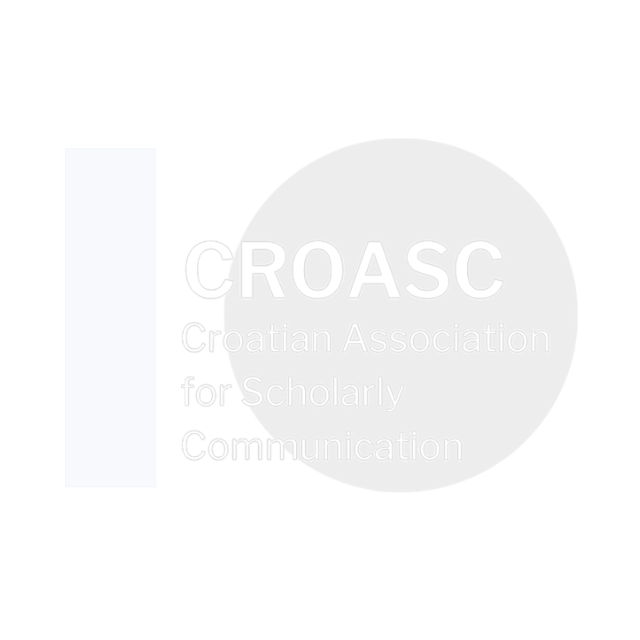
merle jacob
Merle Jacob is Professor of Research Policy at the Faculty of Economics and Management at Lund University, Sweden. Merle’s research is currently focused on research funding as a priority setting mechanism for among other things renorming and reorganising research. My most recent pulications include:
- Hellström, T., Jacob, M. Claiming Relevance for Social Science and the Humanities: Relevance Expressions Across Methodological Divides. Minerva (2024). https://doi-org.ludwig.lub.lu.se/10.1007/s11024-024-09561-z
- Jacob, Merle, and Tomas Hellström. 2023 “Affording Excellence: What Does Excellence Funding Do for Researchers?” Policy Studies, pp 1-19. https://doi.org/10.1080/01442872.2023.2267458.
- Thomas D. Nedeva, M., Tirado, MM and Jacob, M. (2020) Changing research on research evaluation: A critical literature review to revisit the agenda, Research Evaluation, Volume 29, Issue 3, July 2020, Pages 275–288, https://doi.org/10.1093/reseval/rvaa008
Leveraging multilevel governance to achieve excellence and national research system diversity
The marriage of research and innovation policies (RI), initiated in the late 1980s in European Union member states, has produced a series of policy measures aimed at leveraging science to enhance national competitiveness and more recently grand challenges (Edler & James, 2015; Kuhlman & Rip, 2018). This discourse (narrative and practices) has over time become more complex with ever more sophisticated means of governance. Although the RI policy landscape is highly dynamic, research funding remains a crucial building block. The European Union accounts for approximately. 5% of the total research funding available within the EU block but EU funding norms and instruments are often tone giving for national funding. What does multilevel governance of research imply for national research policies in EU member countries?
This paper aims to explore this question by addressing three dominant trends in research policy and their implications for national research systems and individual researchers: internationalization, institutional standardization, and Excellence funding (Moore et al., 2017; Yudkevich et al., 2023; Hellström and Jacob, forthcoming). These three policy imperatives present diverse challenges, depending on the size of the research system, the level of integration of the national research system within the global science system, and the size of the science budget. The paper uses the case of the European Excellence Initiative —a funding instrument that embodies all three of the above-mentioned research trends —to highlight how they converge. Member state organizations are encouraged to seek EU research funding, and many member states’ research funding portfolios are imitative of EU funding priorities. This accounts for the tone-setting role of EU research funding, as mentioned earlier. The paper concludes that while multilevel coordination of national and EU research funding is desirable, it is essential to maintain diversity and robustness across the research ecosystem.










